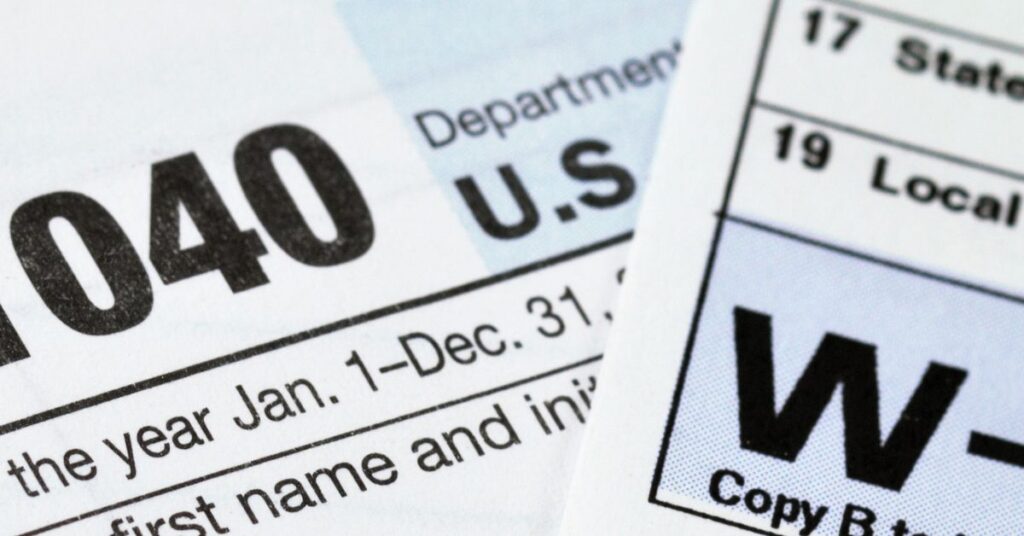Tax time can feel overwhelming, especially when you’re trying to remember what you spent, where, and why. Unfortunately, a lot of small business owners end up leaving money on the table by missing out on deductions they didn’t even know they qualified for.
Let’s take a look at five common deductions that often slip through the cracks — and how you can make sure you don’t miss them next year.
1. Home Office Deduction
If you work from home — even just part of the time — you may be eligible to deduct a portion of your home expenses like rent or mortgage interest, utilities, and even repairs. The catch? The space must be used regularly and exclusively for business.
💡 Pro Tip: Measure your workspace and jot it down now. You’ll need the square footage to calculate this deduction later.
2. Business Use of Your Vehicle
Using your personal vehicle for business? Think: trips to the post office, picking up supplies, or heading to a client meeting. You can usually deduct either the standard mileage rate or actual expenses (like gas and maintenance), but only for the portion used for business.
💡 Pro Tip: Start a simple mileage log or use a tracking app. It’s way easier than trying to remember your trips months later.
3. Subscriptions and Online Tools
Most small business owners use software or tools to run their business — think accounting programs, design apps, or scheduling tools. These can be deductible business expenses.
💡 Pro Tip: Go through your bank statements and make a list of recurring charges tied to your business. Even small monthly charges add up!
4. Meals With Clients or for Travel
You can deduct 50% of qualifying business meals — such as dining with a client, or meals during a business trip. Just make sure you’re keeping proper records.
💡 Pro Tip: When you grab that lunch receipt, write a note on it or in your tracking app: “Lunch w/ client about spring project.”
5. Start-Up Costs and Legal Fees
If you launched your business recently, don’t forget about those early costs — business registration fees, legal consultations, branding, website design, and initial marketing.
💡 Pro Tip: Even if you weren’t officially in business yet, many of those early investments may still count as startup deductions.
Make Next Tax Season Easier (and Less Expensive)
If you missed some of these deductions last year, you’re not alone — and it’s not too late to change that for next year.
Start tracking now.
Even a simple spreadsheet or app can help you stay organized and catch deductions while they’re fresh. The sooner you build a habit of tracking, the more confident (and calm) you’ll feel come tax time.

